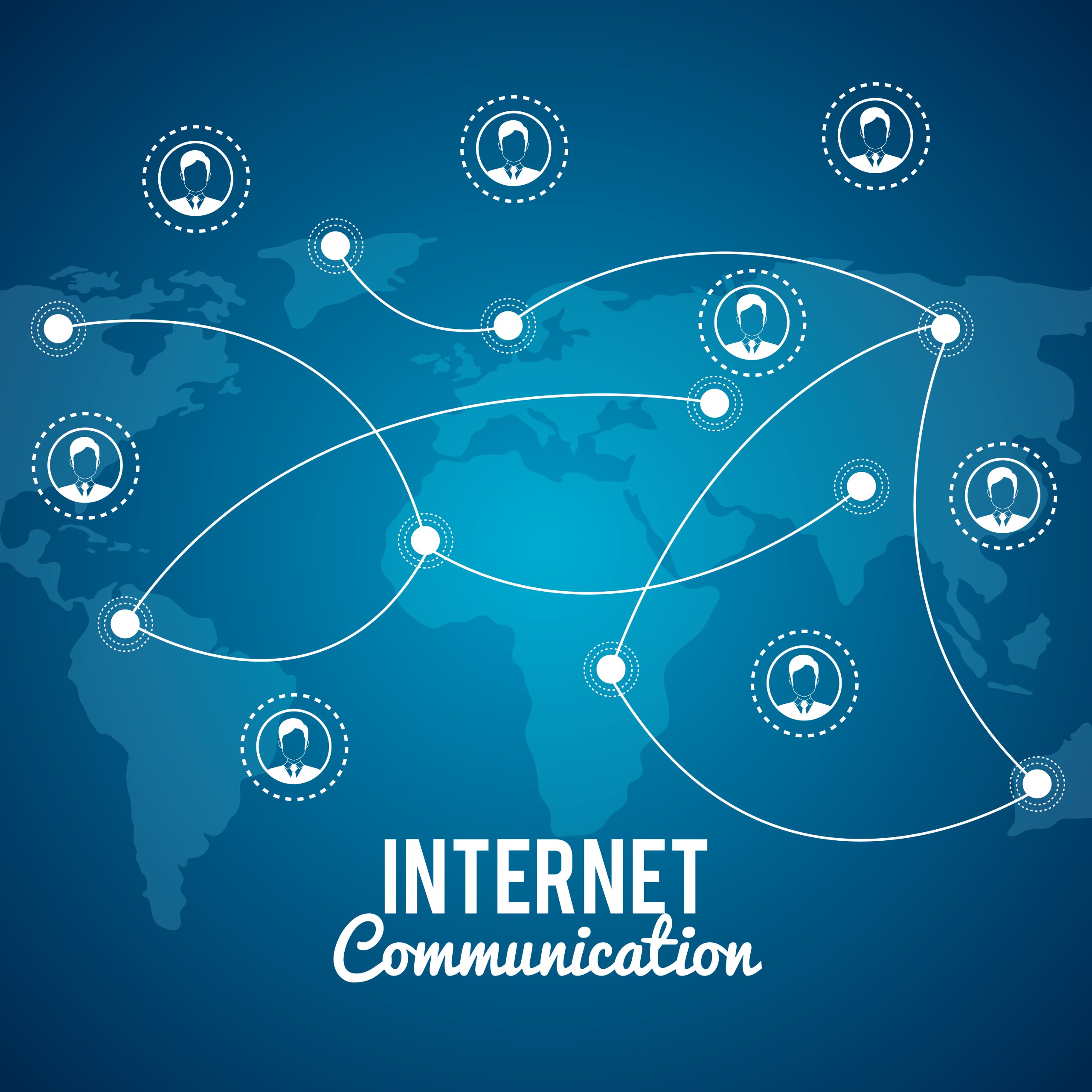If you thought the internet was already impressive, just wait until 2024. Emerging technologies like artificial intelligence (AI) and augmented reality (AR) are set to revolutionize the way we interact with the online world. From personalized shopping experiences to virtual social networks, our digital landscape is about to undergo a major transformation. So buckle up and get ready for a sneak peek into what’s in store for the future of the internet!
AR Will Replace Traditional Websites
AR will make the web more immersive and interactive, making it easier for people to find what they’re looking for. With AR, you can view information in a variety of ways, including as a 3D object or map. This technology can also be used to create user interfaces that are more intuitive and interactive.
AR will also help businesses improve their customer experience by providing them with a better way to interact with customers. For example, you can use AR to create virtual product demonstrations or sales pitches that people can see in real time.
Finally, AR will help developers create new applications and websites that are more accessible and inclusive. By making it easy for people to access different types of information, AR will make it easier for them to learn new things and explore the world around them.
AI Will Revolutionize the Way We Shop
The rise of artificial intelligence (AI) is revolutionizing the way we shop, and there are a number of emerging technologies that will help make this happen. For example, Augmented Reality (AR) will allow customers to see products in their environment, something that is currently impossible with traditional shopping methods.
This technology has already been used to create functional 3D models of items, and is set to become even more prevalent in the near future. In addition, Virtual Reality (VR) will allow shoppers to experience products before they buy them, allowing them to make an informed decision about whether or not they want to purchase them.
These technologies have the potential to revolutionize the way we shop and change the way we interact with technology. They are also likely to bring about new business models that are dependent on customer engagement and interaction.
Blockchain Technology Will Be Used More and More
The technology that underpins cryptocurrencies like Bitcoin is quickly growing in popularity. Blockchain technology is a distributed database that allows for secure, tamper-proof transactions. This technology has the potential to revolutionize the way we interact with the internet, from AI to AR.
AI will become more advanced as machine learning algorithms are applied to larger data sets. This can help organizations automate processes and make better decisions faster. Right now, AI is mainly used for tasks like predicting financial trends or automating customer service interactions.
AR will gradually overtake VR as the most popular form of virtual reality. Augmented reality (AR) makes use of digital elements that are overlayed on top of live footage or objects. This allows you to see digital content alongside the real world, making it an ideal tool for gaming and other applications.
Both AI and AR have the potential to change many aspects of our lives, from work to entertainment. They’re also likely to play a major role in future internet technologies like 5G and blockchain.
IoT Will Be Primarily Used in Manufacturing
IoT will be used in manufacturing to increase efficiency and accuracy. By connecting machines and sensors, manufacturers can automate processes, track inventory levels, and optimize production schedules. In addition to improving manufacturing operations, IoT will also enable new product development and marketing strategies. For example, by tracking customer behavior and feedback, companies can improve the design of their products. Additionally, smart factories can identify potential problems before they turn into catastrophes. As a result, IoT will not only improve manufacturing processes but also boost company productivity and profitability.
Conclusion
As we move into the next decade, emerging technologies such as artificial intelligence (AI) and augmented reality (AR) are set to transform the internet. These technologies have the potential to revolutionize how we interact with information, creating new opportunities for businesses and individuals alike. By 2024, it is estimated that AI will be able to understand natural language, meaning that users will be able to communicate with websites and applications in a similar way to how they would talk to people. AR will also continue to grow in popularity, allowing users to experience products and services in a completely new way. As we move forward into this exciting period of technological development, it is important that we stay ahead of the curve and embrace these innovative technologies.










